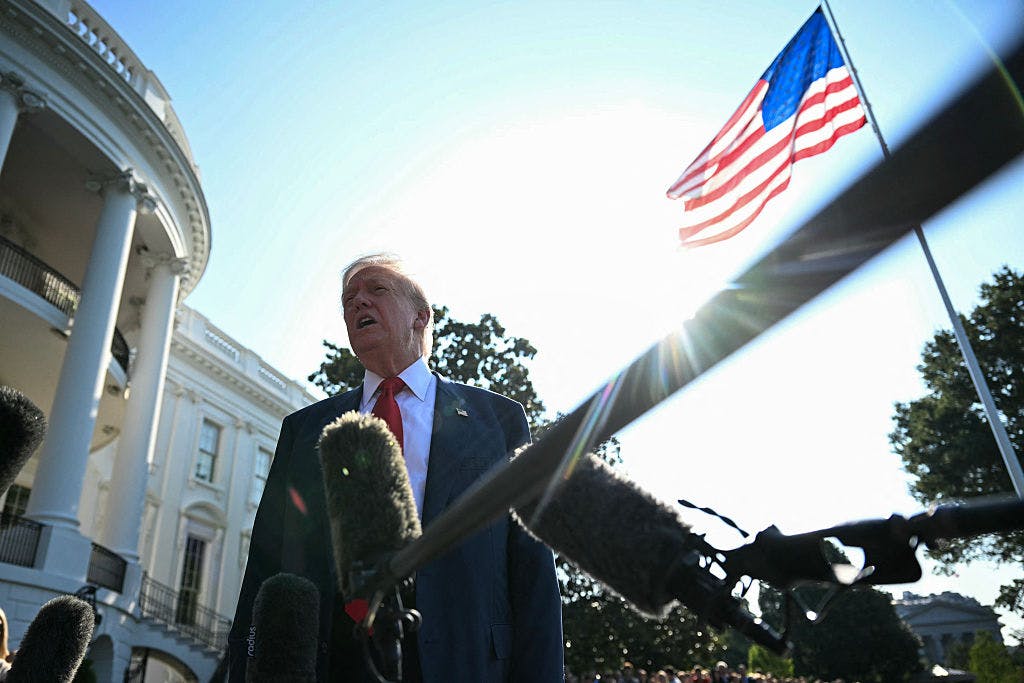President Trump’s proposed energy agenda marks a significant departure from current policies, prioritizing energy affordability for American families and businesses. This strategic shift involves dismantling what is termed “climate lawfare” and slashing green regulations that, according to proponents, have artificially inflated energy costs, positioning energy independence as a cornerstone of his potential second term.
A critical component of this energy reset involves addressing the widespread practice of “climate lawfare,” where state attorneys general have actively pursued legal actions against energy producers and suppliers. These lawsuits, often utilizing state statutes, have been criticized for creating an adversarial environment that hinders energy sector growth and innovation.
The funding mechanisms behind many of these legal endeavors are also under scrutiny. Entities like the State Energy & Environmental Impact Center at New York University, heavily supported by Bloomberg Philanthropies, have been identified as key players in advocating for and facilitating such litigation, raising questions about external influence on legal processes.
Congressional oversight has become increasingly focused on these activities, with figures like House Oversight Committee Chairman James Comer leading investigations. These inquiries aim to expose the full extent of the harm caused by these programs, particularly their contribution to rising energy costs and their alleged significant influence within the previous administration.
Critics argue that the judicial system has been unduly influenced by ideological interests that seek to impose stricter and more costly energy options on consumers. This “climate lawfare brigade” purports environmental concerns but, according to the article, their primary goal appears to be extracting high-dollar settlements from energy companies.
Such “symbolic wins” for climate activists, while perhaps well-intentioned, are ultimately seen as detrimental to consumers. The financial burden of legal fees diverts substantial resources from energy companies, resources that could otherwise be invested in genuine innovation and the development of new, affordable energy solutions for society at large.
The current legal landscape, marked by a perceived “lawless administrative state,” has fostered an environment conducive to these petty lawsuits. This situation is further exacerbated by past rulings, such as the Environmental Protection Agency’s 2009 “endangerment finding” for greenhouse gas emissions, which opponents argue provided a foundation for increased litigation.
Given these concerns, the ongoing congressional investigations, especially those led by Chairman Comer, are deemed vital for all Americans concerned about the rising cost of living. There is also a strong push for federal lawfare liability reforms, which proponents believe would effectively curtail many of these what they deem “frivolous cases” and restore balance to the energy sector.
Ultimately, sustained focus from both the executive and legislative branches on issues like energy affordability and regulatory reform remains paramount. Addressing these “kitchen-table concerns” directly aligns with the economic priorities that resonated with American voters in recent elections, underscoring the necessity of ensuring accessible and affordable power for homes and businesses.






Leave a Reply